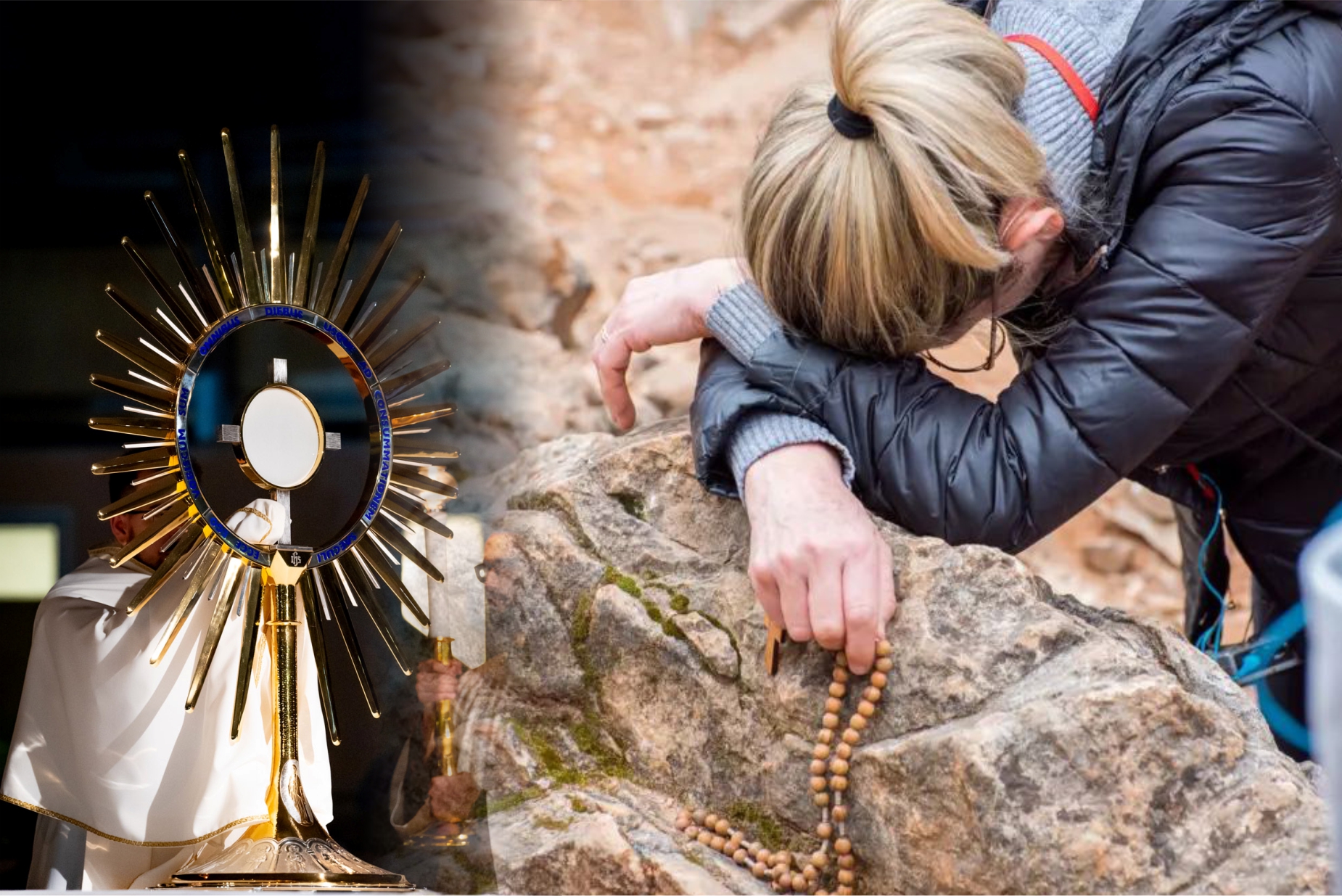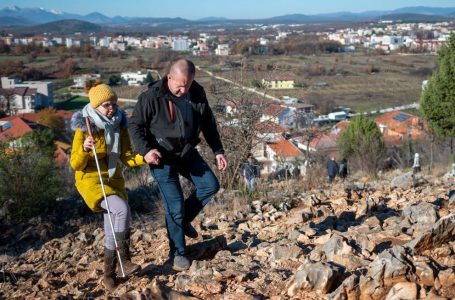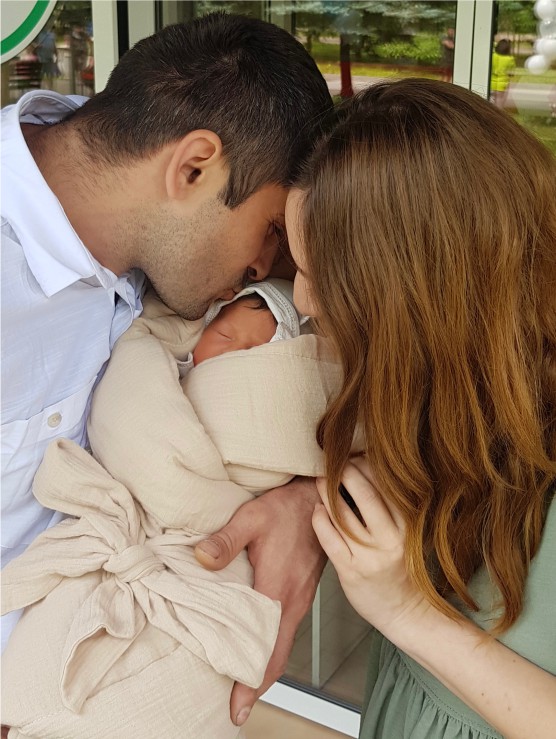
We know that in every area – including prayer and friendship with God – education is most successful when it begins in time, when it happens in the family, with father and mother, brothers and sisters, and in the environment in which a person is growing. Our Lady neither forgot nor omitted this in her teachings and messages.
“Dear children! Today I call you to renewal of prayer in your families. Dear children, encourage the youngest ones to prayer and let the children go to Holy Mass. Thank you for having responded to my call.” (7 March 1985)
Most helpful and constructive for natural growth and development of a child is then when it is born and educated in eucharistic love, which gives and accepts unconditionally. This kind of love is essentially needed for growth.
Deep within, each person bears a seed of love, faith and hope. This seed wants to grow and develop for a human being to be fulfilled. In this way, a human being becomes the image and likeness of God, a happy person, a bearer of peace. Families, especially parents who love one another, who accept one another with eucharistic love – which means unconditional giving and receiving – are able to educate children in an eucharistic atmosphere. The experience tells us however that modern world is full of selfishness – which means that there is no eucharistic love – and this is why the education of new generations becomes so difficult. At first sight, selfishness is more attractive, because it requires less and promises more. When the good seed is spoiled or impeded from growth, and when the image and likeness of God that is engraved in the depth of the soul is distorted, we discover our ruin and our failure.
Let us not hesitate to educate children in an eucharistic spirit, in the spirit of eucharistic love. The general good atmosphere in the family is very helpful. Weaknesses, even sin that occurs in the family, are not the greatest problem, because there is forgiveness, which is a special quality of eucharistic love. Just as parents teach children their language, their customs, and good behaviour, just as they take them to visit their friends, they can and should bring even very small children to Mass. Even if children do not understand what is happening, they can experience events and they grow because of the experiences that they make. Parents are usually not worried if children do not understand at first all the relationships within the family, all the family connections. They take them nevertheless for family meetings. For the same reasons and with the same intention, they should take children to church and make them participate in Holy Mass.
The question arises how to organise eucharistic celebrations for children, how to make them participate better. I am convinced that the most important factor is that priests themselves, who celebrate the Eucharist for adults, should experience Holy Mass first. If it is interesting and useful for adults, it will be interesting and useful for children too. If priests have more love and show more responsibility, if they prepare themselves better, if they are more aware of what is happening in Mass, they will always find better solutions. The person who lives the Eucharist will always find new, better and more accurate expressions for all that is happening in Holy Mass, and will at the same time remain faithful to all liturgical prescriptions.
Let us imagine parents – a father and a mother – who adore Christ deeply and piously, peacefully and with devotion. Their example will remain engraved in the soul of their children and will help them, as they grow, to find their own centre, from which they can live and establish direct contacts with God and with other people. When a little child sees people reconcile and shake hands, when it sees its father and mother go for confession or piously receive Holy Communion, this influences and shapes its soul. The child becomes open to God and ready to cooperate permanently with Him.
(Barbarić, Slavko. 2018. Celebrate Mass with the heart.)











